
Facing reports of underage drinking and hazing, several Boston University fraternities have lost status as BU-recognized student organizations and are working with their national organizations to gain back their recognition.
Most recently, the Delta Tau Delta fraternity has had its recognition withdrawn as a student organization by the Student Activities Office, said Dean of Students Kenneth Elmore.
“We have withdrawn our recognition of Delta Tau Delta, and we have withdrawn it because we had two separate instances where we received reports that they sponsored events where there were students that were underage drinking,” he said. “[The fraternity] didn’t have our approval, and they happened off-campus, so we have done that.”
DTD was officially suspended on Jan. 23, said Katherine Hasenauer Cornetta, the assistant to the Dean of Students, in an email.
When the university withdraws recognition from organizations, the student group cannot use space on campus, receive funding or continue operation under BU’s name, Elmore said.
Several officers from BU’s DTD chapter, Beta Sigma, said all questions and inquiries should be referred to the national chapter.
Jack Kreman, the chief operating officer of the DTD national chapter, said the organization did not have a role in the decision to suspend the BU chapter.
“It was Boston University’s decision to suspend DTD, so I don’t want to speak about their process or procedures,” he said. “I’m not a part if that. It was a Boston University process.”
Kreman said DTD members participate in an alcohol education program called Delts Talking About Alcohol within months of joining the fraternity.
“It’s an online program every member takes within eight weeks of joining DTD, and it covers alcohol consumption, the laws, awareness as far as the amount of alcohol in a drink, what to do if you become intoxicated and how to recognize a sign of intoxication in others,” he said.
The Interfraternity Council oversees the chapters at BU to promote success, safety and security of the fraternities on campus, according to the IFC’s website.
“The IFC works closely with Abby Myette, our advisor, and Dean [John] Battaglino’s office to ensure that fraternities like ZBT, for example, have smooth transitions back on campus,” said David Lugo, the vice president of programming of the IFC and a junior in the College of Arts and Sciences.
Meanwhile, outside of DTD, other fraternities are looking to rebuild after previous suspensions.
Zeta Beta Tau was suspended in February 2014, following a party that took place off campus on Jan. 26, 2014, The Daily Free Press reported on March 2, 2014. Four chapter members were arrested for keeping a disorderly house and violating probation.
Elmore said underage drinking and activity that could be considered hazing were involved.
A member of ZBT who asked to remain anonymous said officers have broken up parties at the fraternity house before.
“In the fall of 2013, we had a party the cops broke up because of noise or people,” he said. “We had another party, which kind of had an obsessive amount of people. That’s why it got broken up, but because these kids were still on probation and the fact that they had the same judge as the previous incident was the reason they were put in jail for three days.”
Laurence Bolotin, the executive director of ZBT national chapter, said the organization has worked closely with the university to investigate the matter. The investigation and membership review removed 35-40 members who were contributing to “inappropriate activities.”
“We focused on only working with those men whose values were in alignment with that of the organization,” he said. “We have been working with the chapter in understanding that they understand proper social management policies.”
Elmore said ZBT has regained its status since the fall semester and hopes that the fraternity will continue to improve.
“We hope that when you come back, if you come back, that you’ve got a plan and you can demonstrate to us that you’ve figured out the problematic actions that cause it, and we can get some reassurances that they won’t happen again,” he said. “That’s the case not with frats and sororities, but the situation where we do that with all organizations.”
Several students expressed mixed views about the fraternities’ behavior.
Mehar Maju, a sophomore in CAS, said she doesn’t think fraternities have bad intentions when throwing parties.
“I don’t have a negative perception of the boys in the frats, and I don’t think they mean harm,” she said. “They’re college kids trying to have fun, and sometimes, it just goes a little far.”
Stephanie Man, a senior in the CAS, said the suspensions were reasonable, given the circumstances.
“Overall, the suspensions are fair, and I think they do send a message to Greek Life that serious infractions will be taken seriously and punished accordingly,” she said. “But I honestly believe that it’ll just make frats more secretive and careful with their behavior, which doesn’t really do much to keep students safe.”


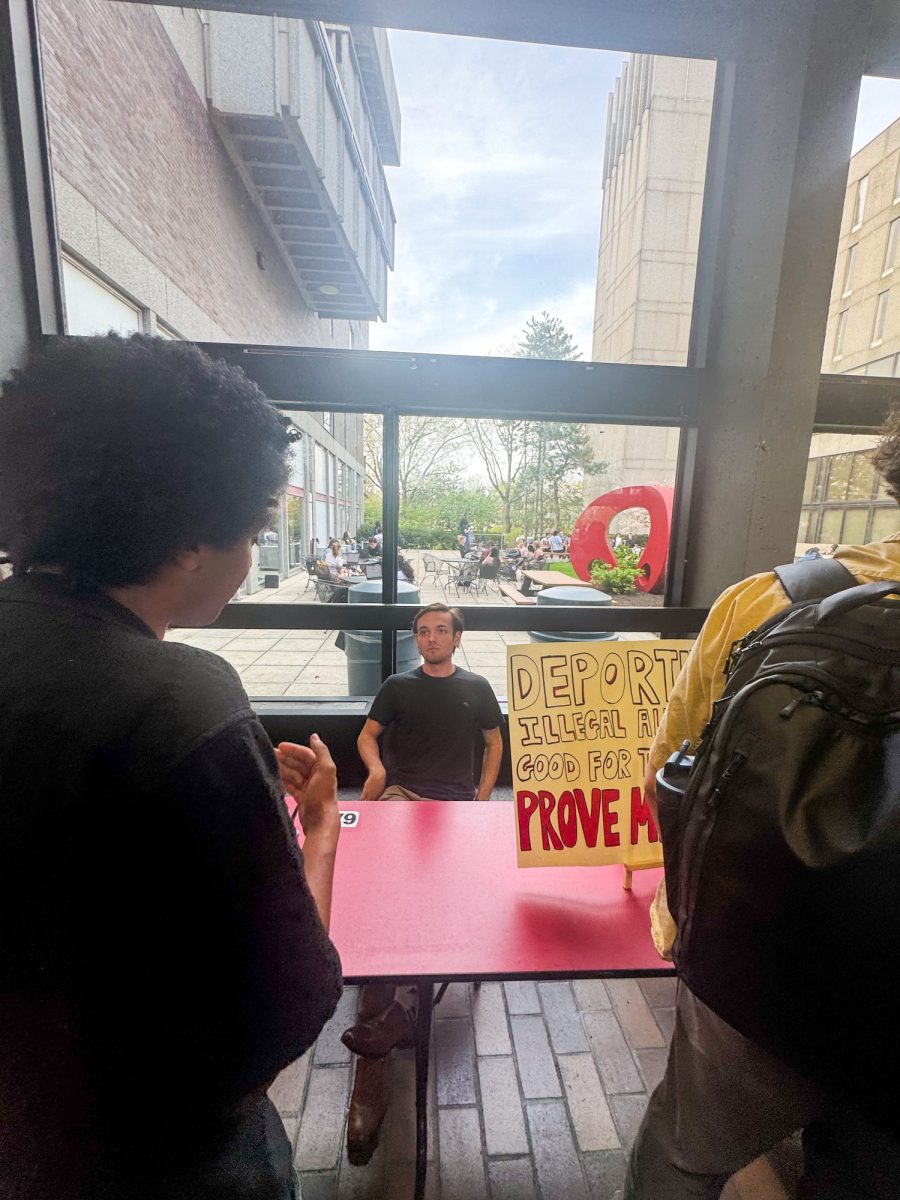

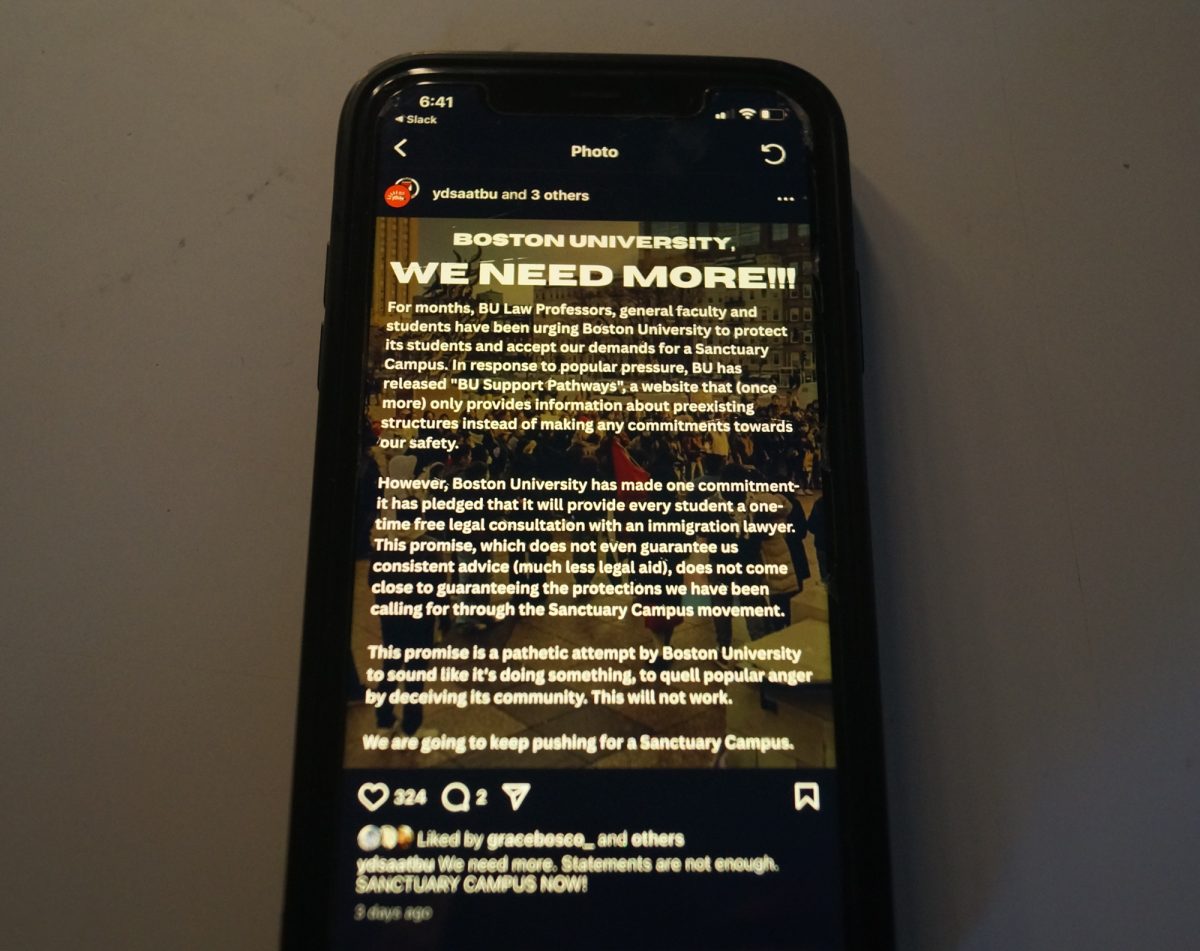
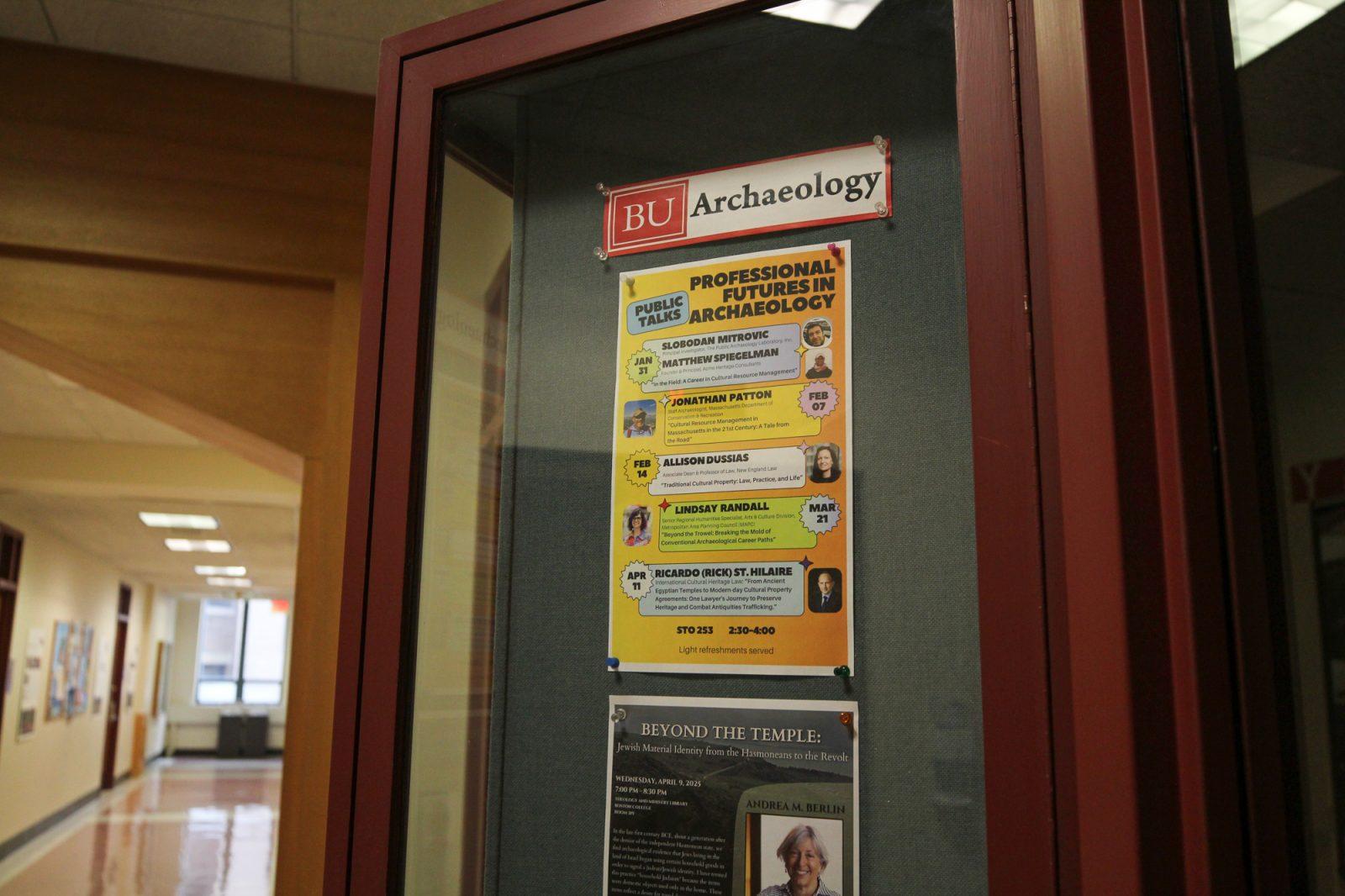
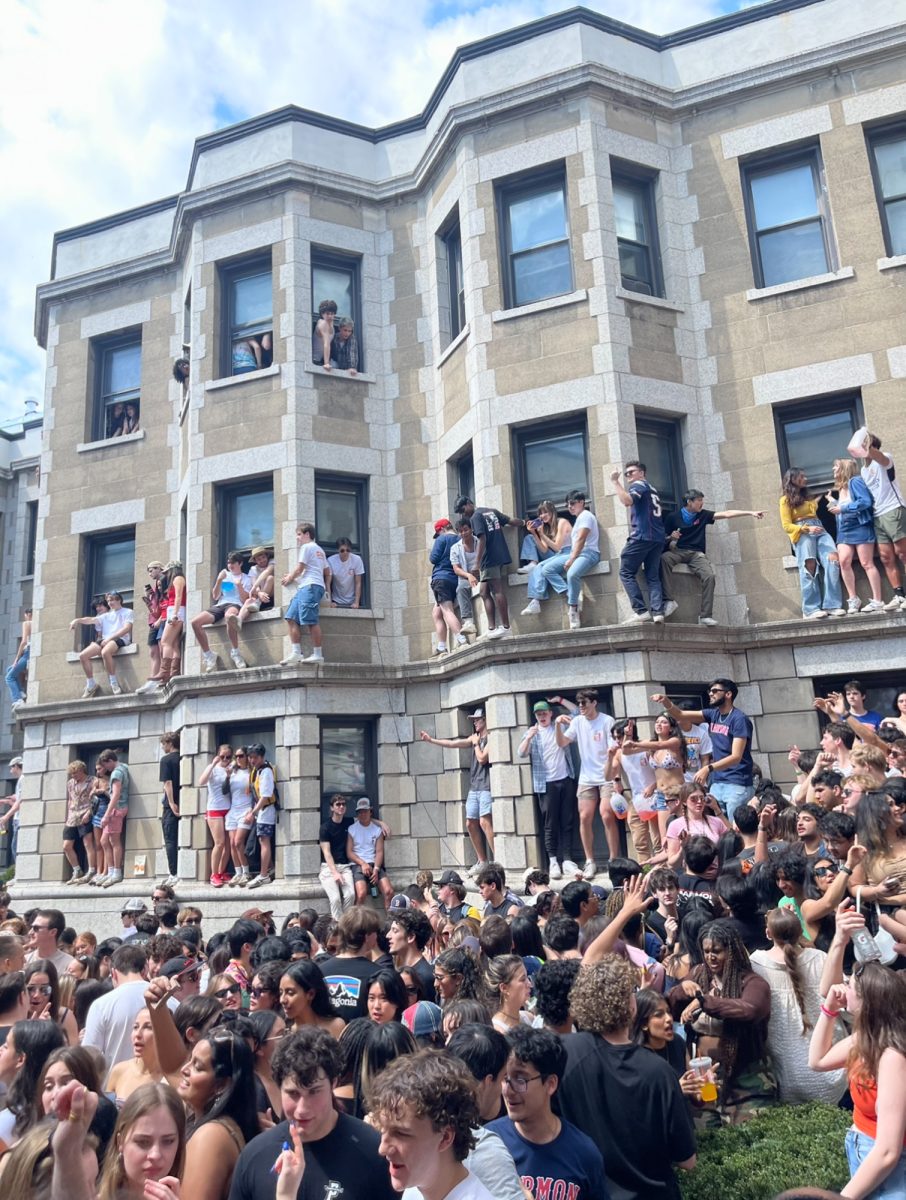


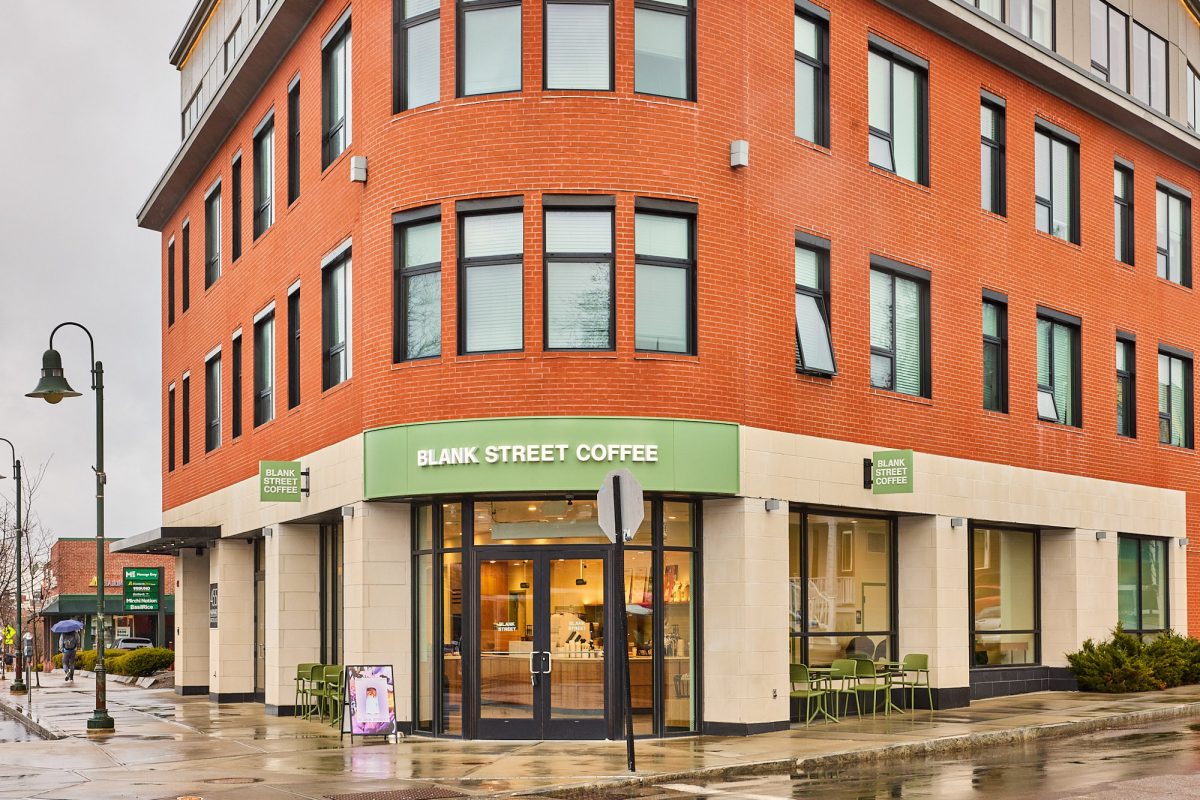

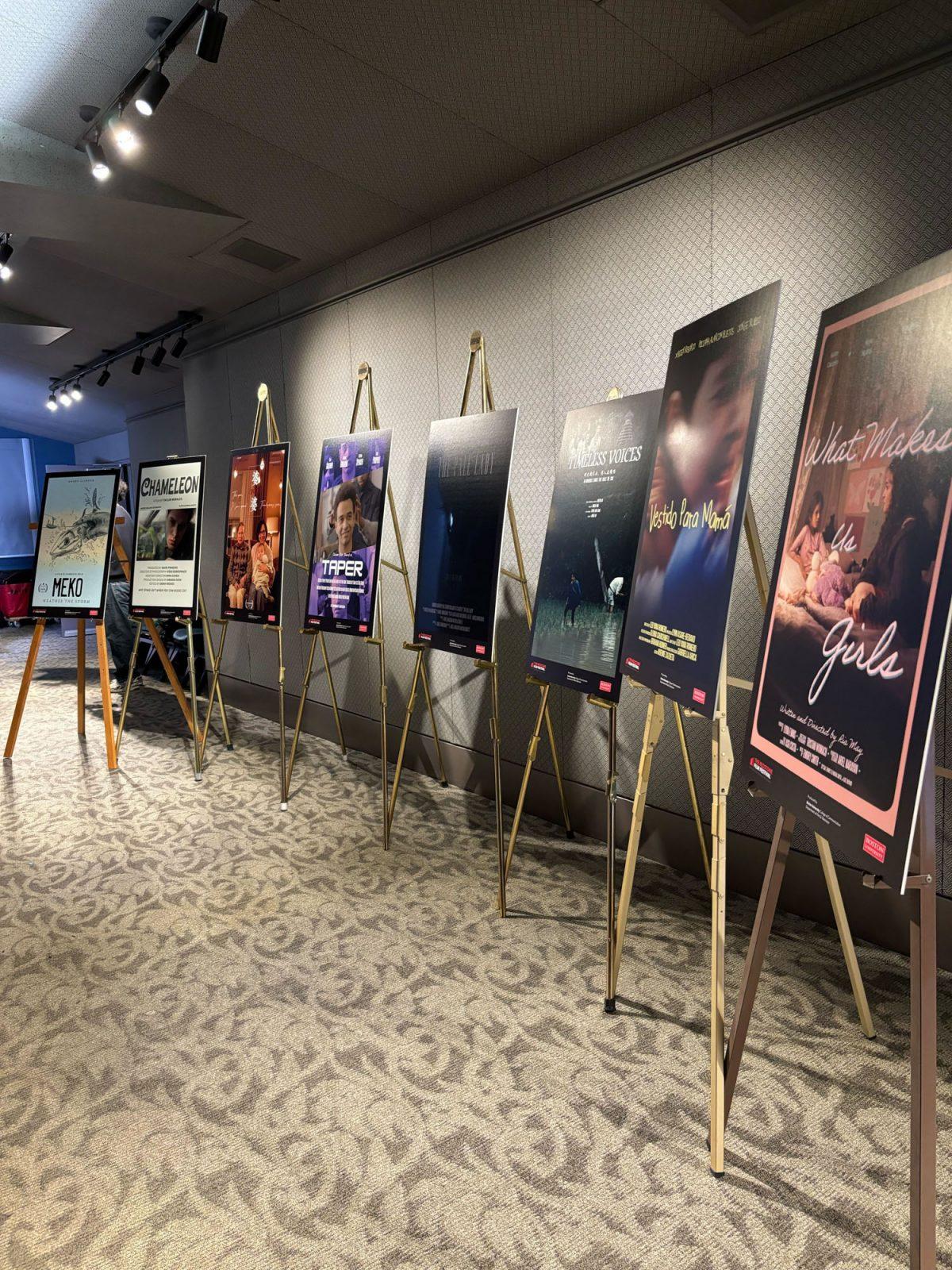









































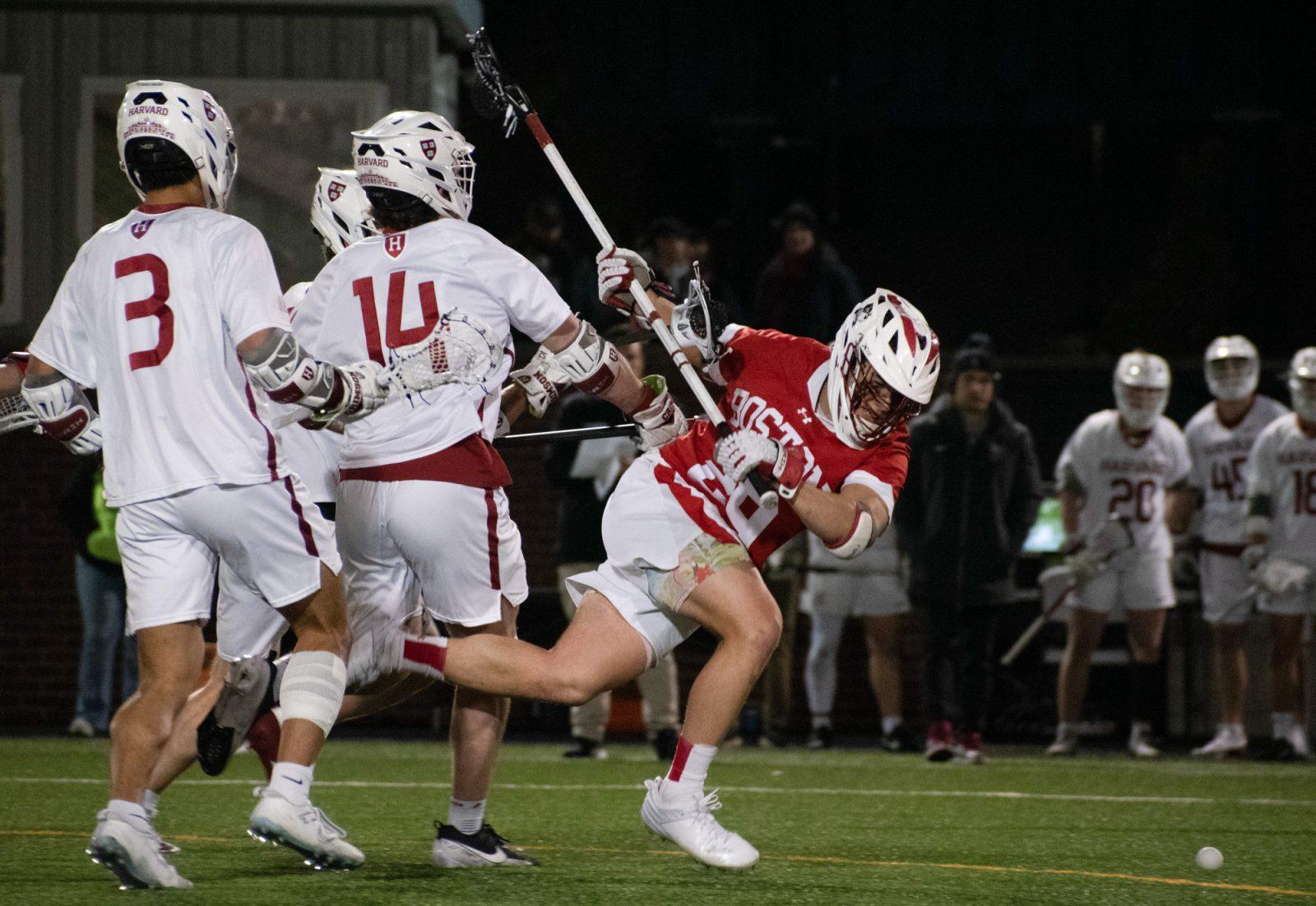














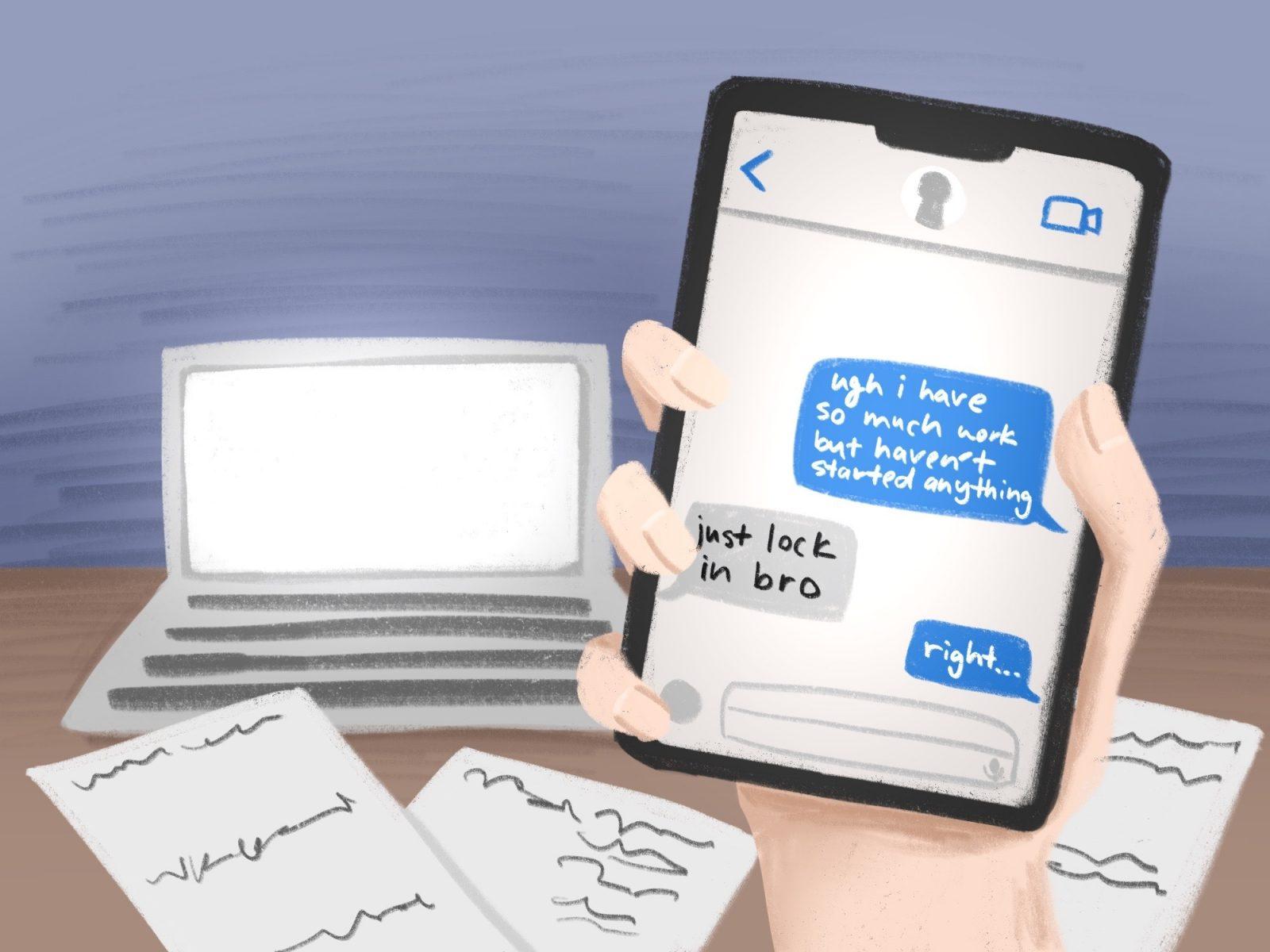



















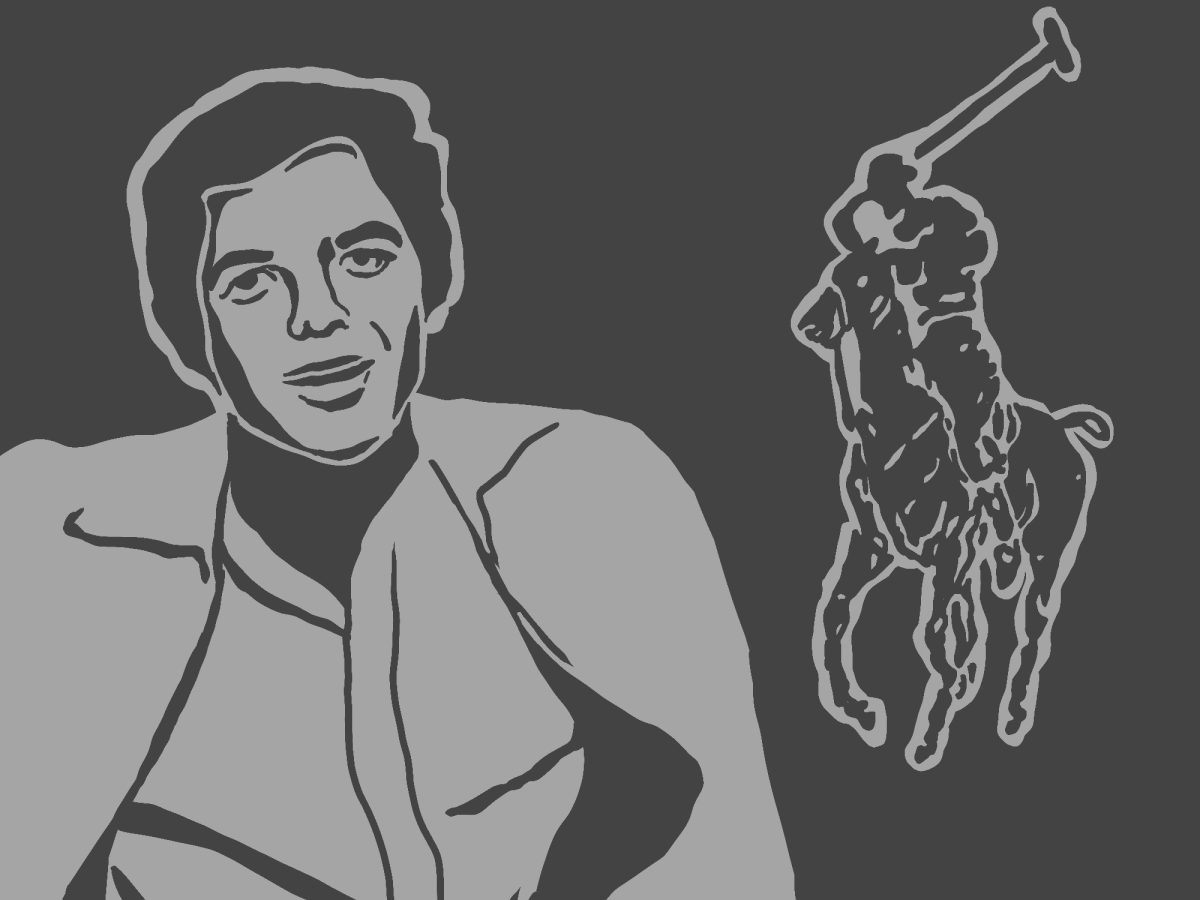




















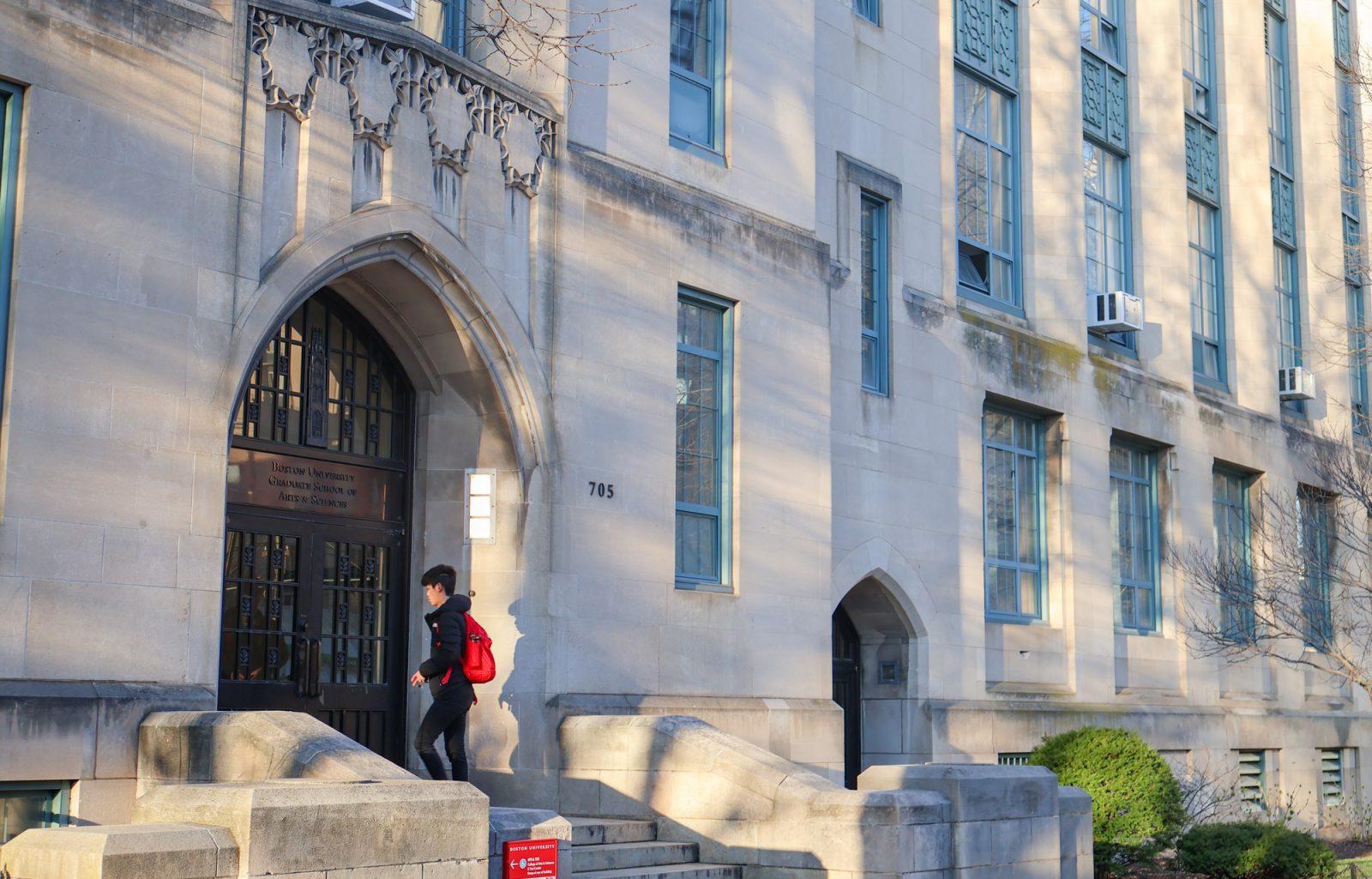
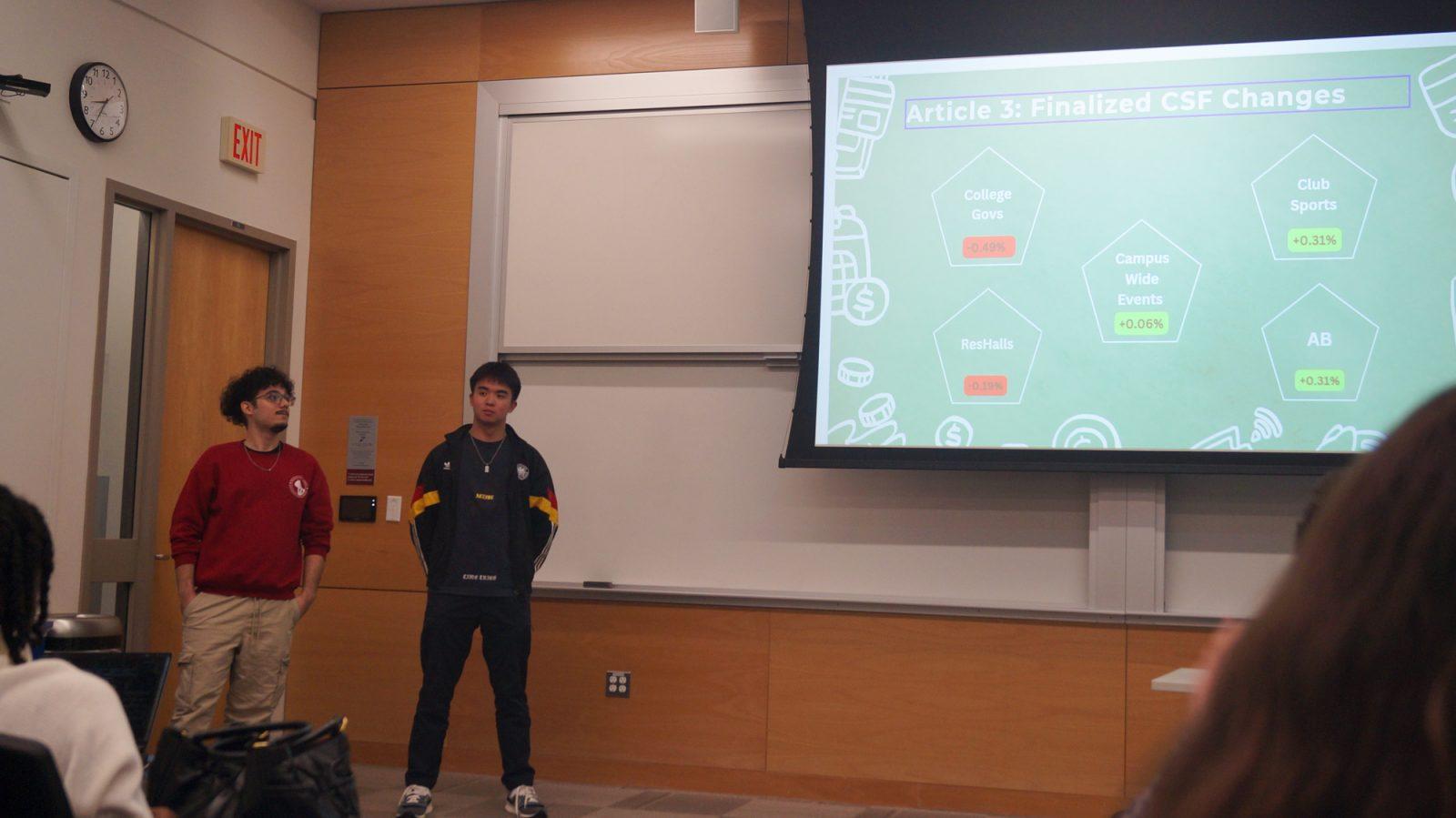

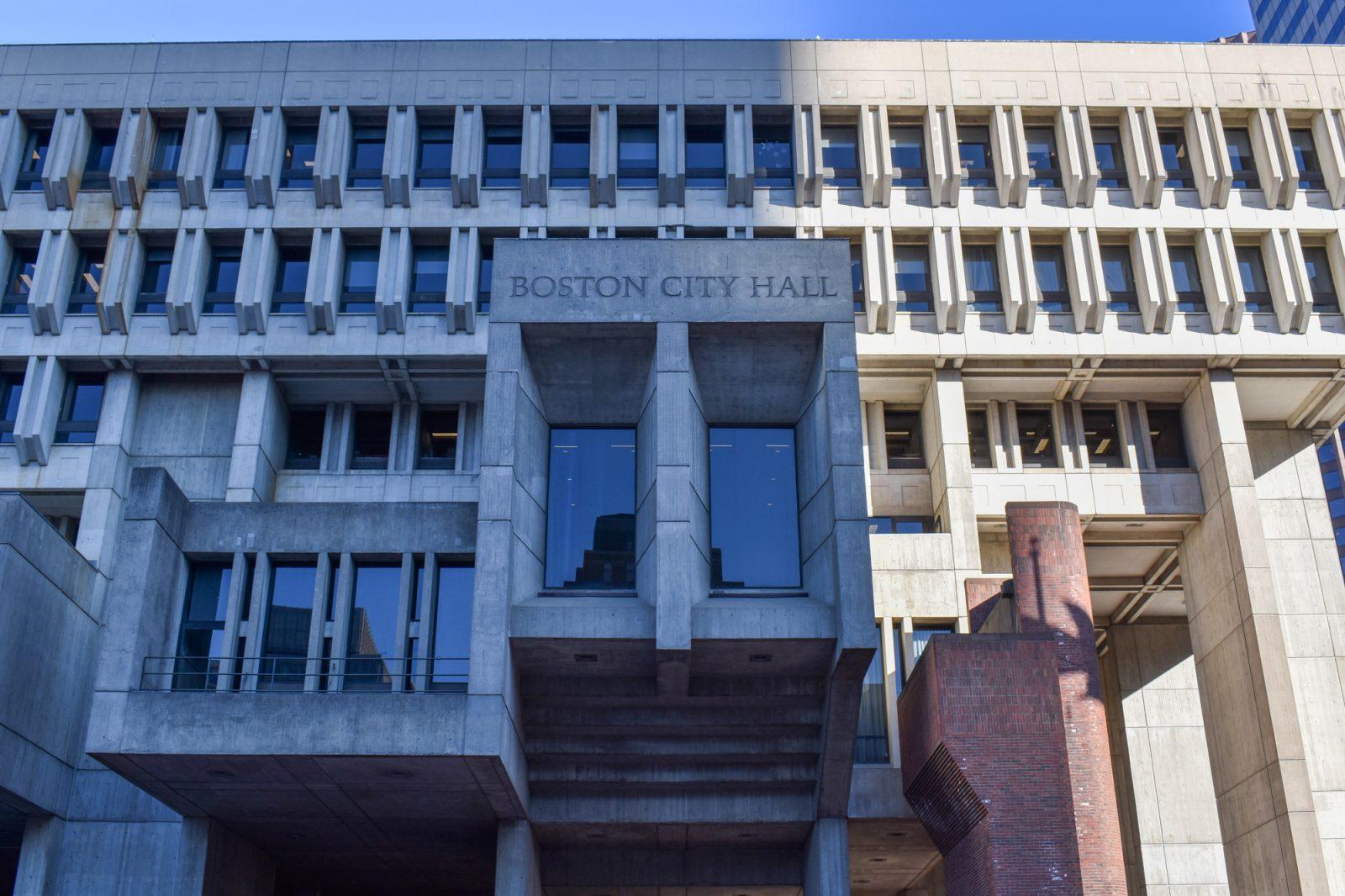

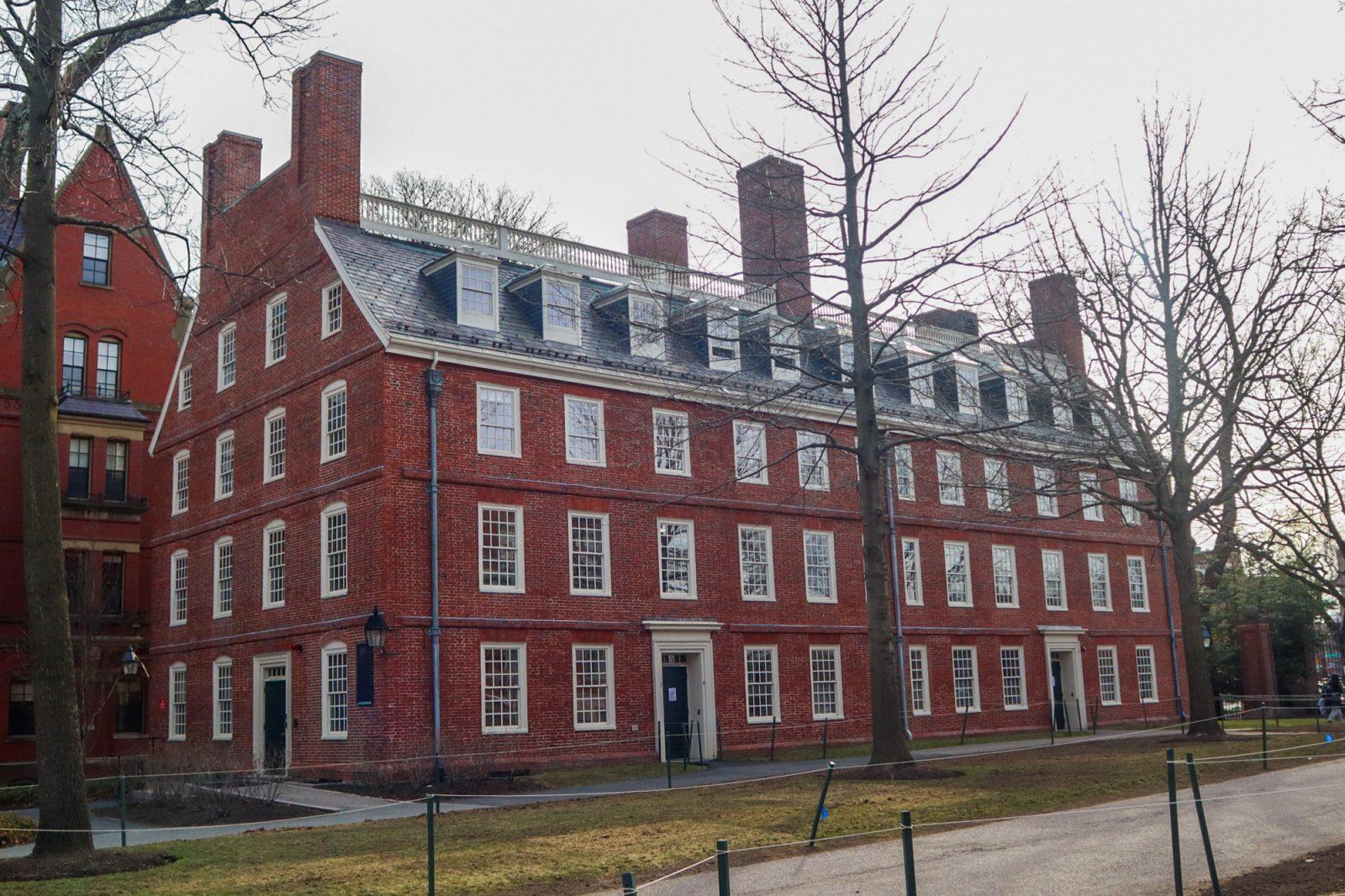
Regular Joe • Feb 12, 2015 at 10:18 am
You lead with “Facing reports of underage drinking and hazing, several Boston University fraternities ” but no where in this article does it talk about hazing. Where did this take place? Who got in trouble because of hazing?